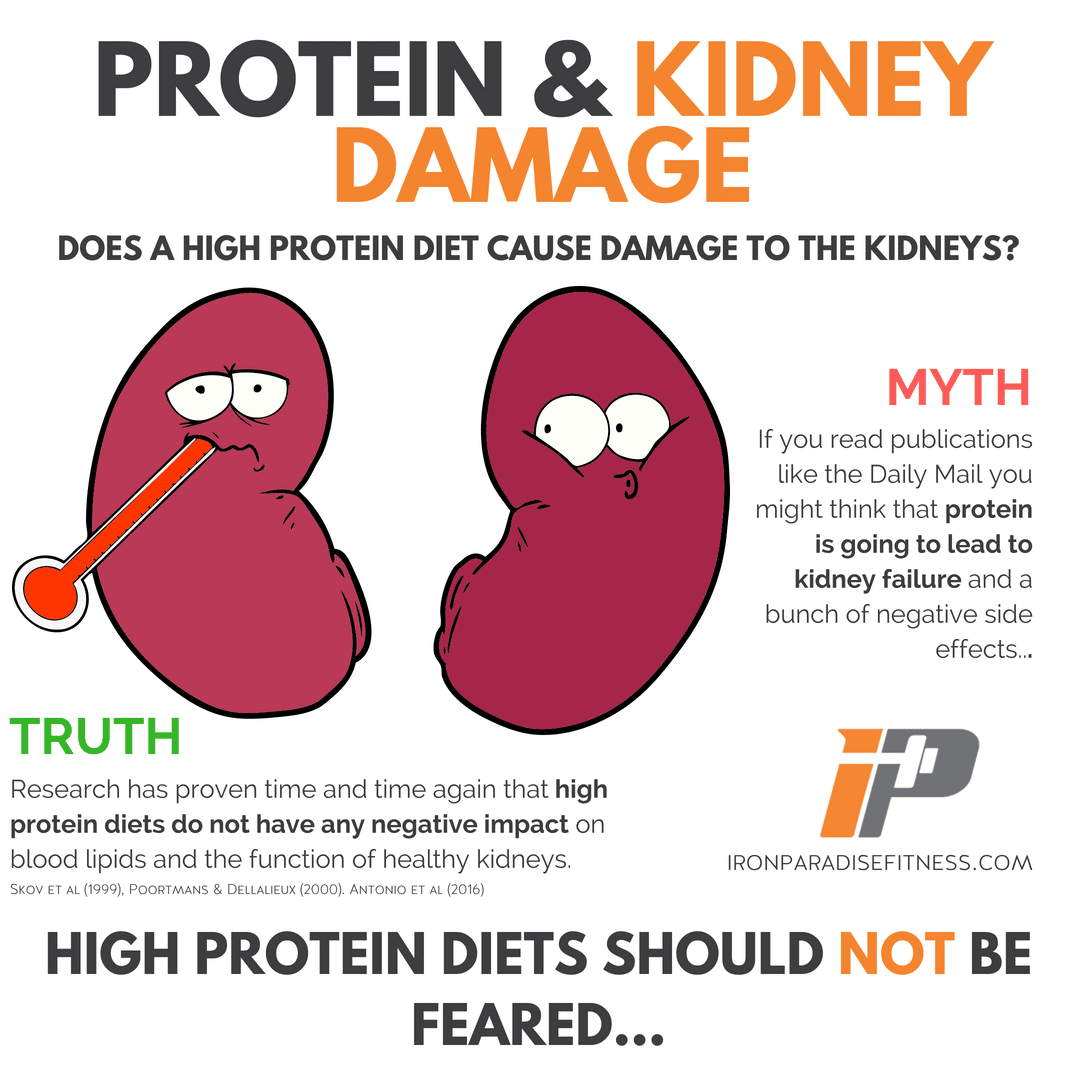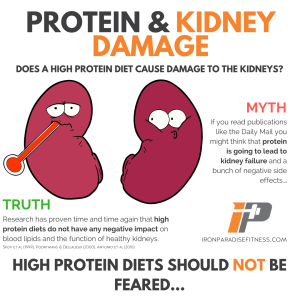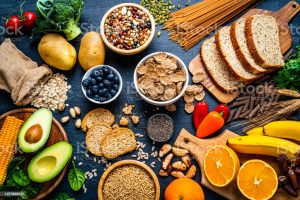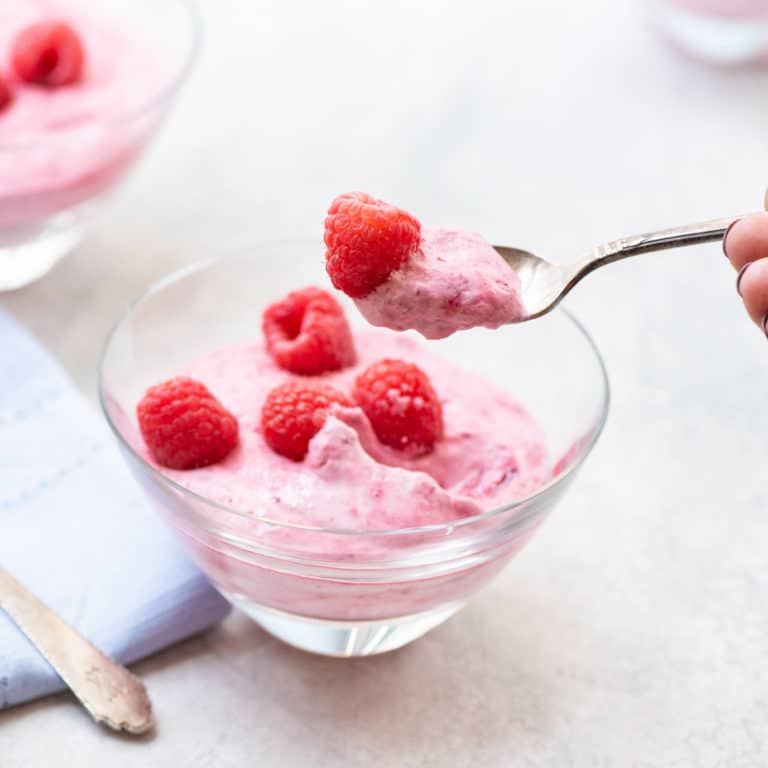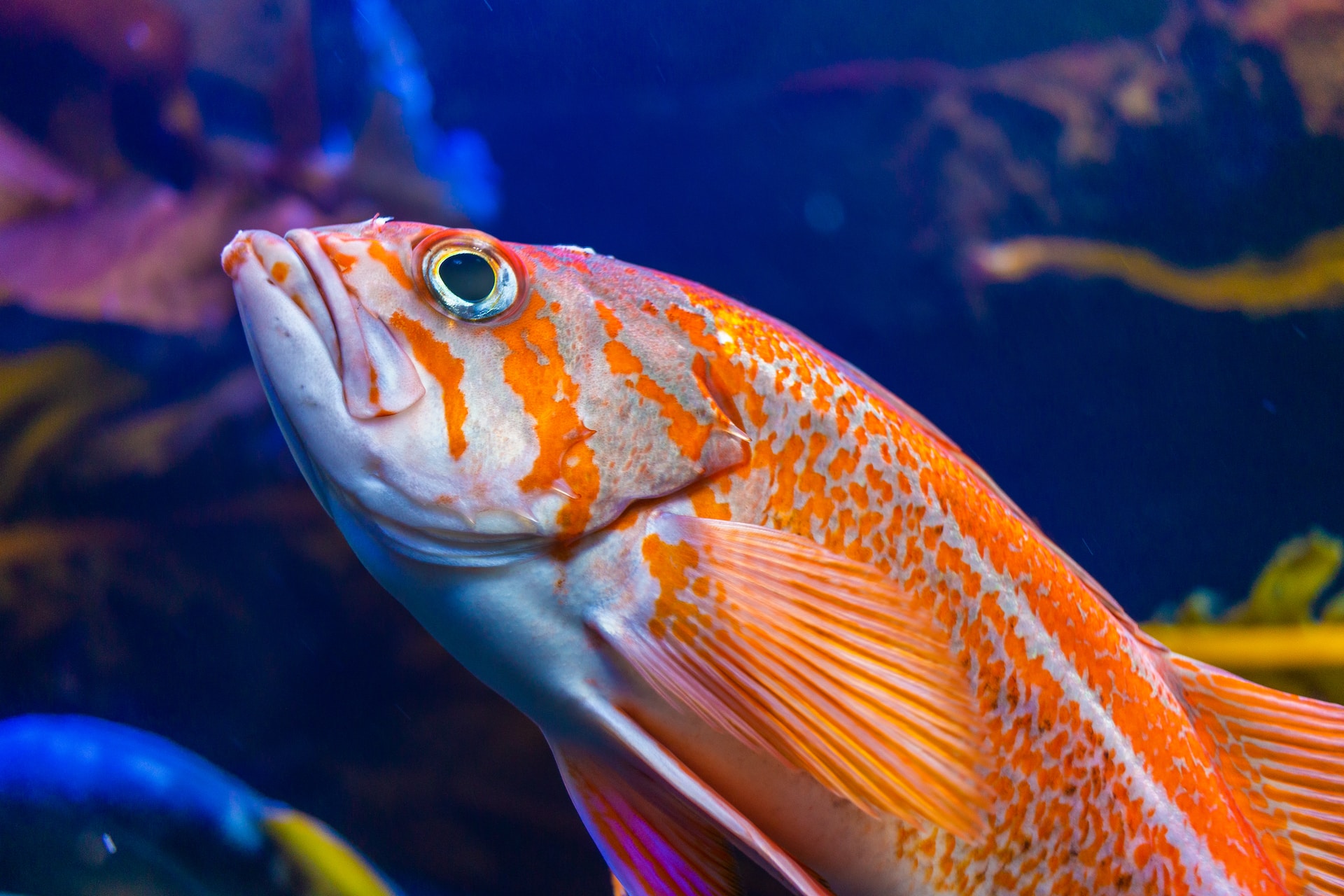In the intricate landscape of kidney stone prevention, the role of dietary protein is a topic that demands careful consideration. Protein is an essential component of our nutrition, playing a vital role in various bodily functions. However, an imbalance in protein intake can potentially contribute to the formation of kidney stones. In this article, we will delve into the protein predicament and explore the intricate relationship between protein intake and kidney stone prevention. We’ll also discuss the types of protein sources to consider, equipping you with the knowledge to promote better kidney health.
The Role of Protein in Kidney Stone Formation
Proteins are composed of amino acids, the building blocks of life, and are integral to the growth and repair of our body’s tissues. However, an excess of certain types of dietary protein can lead to increased excretion of calcium and uric acid in the urine, both of which are risk factors for kidney stone formation. The key factors to consider are:
- Animal Protein: Diets high in animal protein, such as red meat, poultry, and seafood, can increase the risk of kidney stone formation due to their purine and uric acid content.
https://img.healthykidneyclub.com/wp-content/uploads/protein-bars-for-kidney-health-protein-bars.png - Sulfur-Containing Amino Acids: Foods rich in sulfur-containing amino acids, like cysteine and methionine, found in high-protein diets, can lead to the production of sulfuric acid in the body. This can contribute to a more acidic urinary environment, potentially increasing the risk of stone formation.
Finding the Right Protein Balance
Balancing protein intake for kidney stone prevention involves making conscious dietary choices:
- Moderation is Key: Consuming protein in moderation, especially from animal sources, can help maintain a balanced urinary environment. Opt for lean cuts of meat, poultry, and seafood, and be mindful of portion sizes.
- Plant-Based Proteins: Plant-based protein sources, such as legumes, beans, lentils, and tofu, are excellent alternatives for maintaining protein intake while reducing the risk of kidney stone formation. These sources are generally lower in purines and sulfur-containing amino acids.
- Hydration: Staying well-hydrated is essential. Adequate fluid intake helps dilute the minerals and salts in the urine, reducing the concentration of potential stone-forming substances.
Protein Sources for Kidney Stone Prevention
- Legumes: Beans, lentils, and chickpeas are excellent sources of plant-based protein. They are versatile and can be used in various dishes, from soups to salads.
- Tofu: Tofu is a soy-based protein source that can be incorporated into stir-fries, salads, and even smoothies.
- Nuts and Seeds: Almonds, walnuts, and flaxseeds provide protein and healthy fats. They can be enjoyed as snacks or added to various dishes.
- Eggs: Eggs are a source of high-quality protein. Incorporate them into your diet in moderation, and consider including more egg whites, which are lower in purines.
High resolution 42Mp studio digital capture taken with SONY A7rII and Zeiss Batis 40mm F2.0 CF lens - Fish: Fatty fish like salmon and mackerel provide protein and heart-healthy omega-3 fatty acids. They can be part of a kidney-friendly diet when consumed in moderation.
- Dairy Products: Low-fat dairy products like yogurt and milk are excellent sources of protein. They also contain calcium, which can bind with oxalates in the intestines and help prevent stone formation.
Conclusion: Striking the Right Balance
The protein predicament in kidney stone prevention is a matter of balance and mindful choices. By understanding the role of protein intake and the types of protein sources that are less likely to contribute to stone formation, you can significantly reduce the risk of kidney stones while maintaining a healthy and balanced diet.
As you navigate the intricacies of the protein predicament, remember that your dietary choices have a direct impact on your kidney health. By finding the right protein balance and incorporating kidney-friendly protein sources into your diet, you’re empowering yourself with the knowledge and tools to promote better kidney health and reduce the risk of kidney stone formation.






